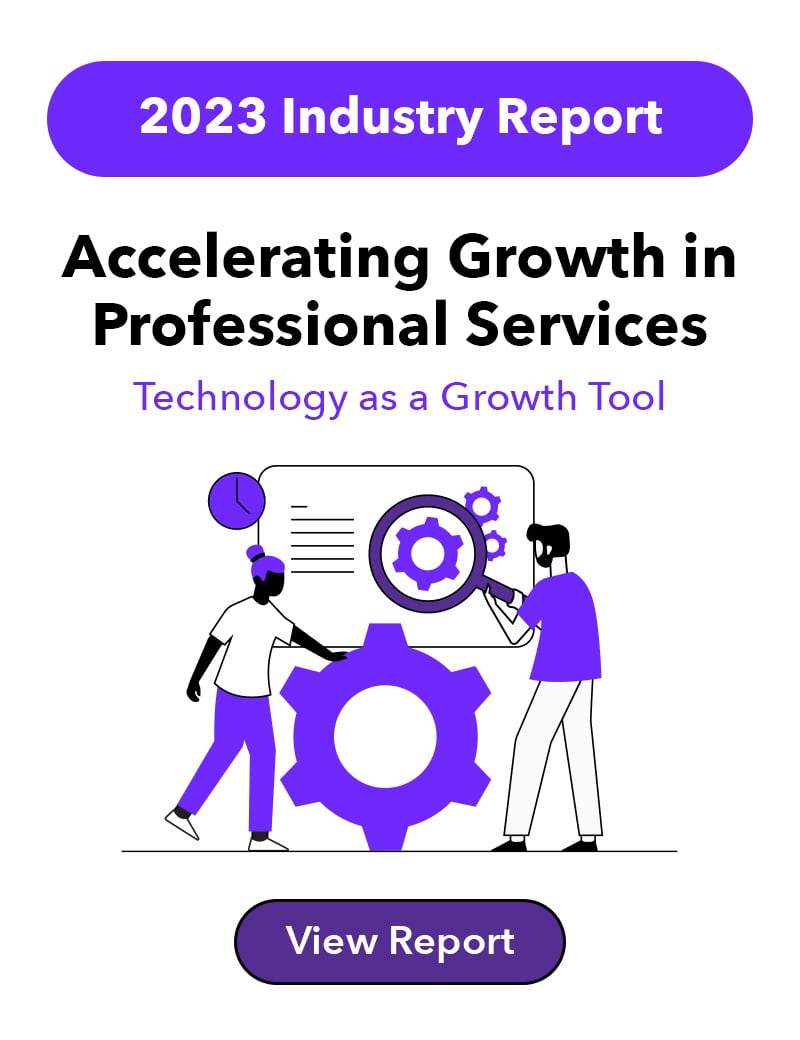The U.S. economy has taken a beating over the past couple of years. Labor shortages are occurring nationwide along with continuing supply chain issues and inflation hit a 40-year high of 9.1% in June. Economists are warning that the U.S. could be heading into recession based on reports that showed the economy shrank for the second straight quarter, according to Time. And while not everyone can agree if we’re in a recession currently or not, most agree that some type of economic downturn is coming. Now is the time to prepare for the unknown by making sure your legal firm is operating as efficiently as possible. The best way that the legal industry can prepare for economic hardships is by anticipating and planning ahead.
Reduce Your Overhead
Your firm’s overhead includes anything not related to a lawyer’s salary. So anything from rent to supplies to technology and more is considered your overhead. There are a couple of ways to reduce those costs.
Go virtual
Ditching your brick and mortar office space can reduce your biggest costs as rent or mortgage is often the highest overhead spend of a traditional law firm. When your office is virtual, it can be anywhere, and you cut out the expenses associated with paying for a physical space, e.g., office supplies and utilities.Even if firms decide to opt for a hybrid model, money can still be saved by downsizing to a smaller space.
Shore up marketing expenses
Even if you adopt a virtual or hybrid working space, you’ll still have to pay marketing costs, one of a virtual office’s major expenses.
And, according to Law.com, overhead expenses for marketing shot up in the first quarter of this year. Gartner’s “The State of Marketing and Budget Strategy for 2022” suggests benchmarking your marketing budget with your industry peers and reviewing how you fund your marketing’s key resources and capabilities going forward.
Hire contractors
One way to reduce payroll overhead is to contract out positions that you would typically pay with a high salary.
Hiring a 1099 contractor helps reduce costs because you don’t have to pay for insurance and other benefits like healthcare and 401(k) matching. Plus contractors can be hired on a project-by-project basis, reducing payroll costs during downtime.
Develop Payment Plans
Start devising options now on how your clients can pay you when times get tough. According to Legal Management, developing a payment plan can help retain clients by giving them another option to pay their bills. Payment plans allow your customer to pay smaller amounts over time, instead of one lump sum. When times are tight, offering clients a payment plan can go a long way towards keeping their business.
According to United Consumer Financial Services, payment plans encourage repeat business and customer loyalty. Giving your clients affordable options to retain your services shows them you value them as customers. And payment plans help ensure your invoices get paid, helping maintain a healthy cash flow.
Learn strategies from the top firms in your industry
Download our industry report, "Accelerating Growth in Professional Services"
Invest in Your Technical Infrastructure
Tough economic times are a catalyst for changing how you do business. Whenever a recession occurs, businesses pivot strategies and start doing more with less and that includes staff. Many times businesses reduce hiring, impose a hiring freeze, suspend pay raises or layoff employees. But investing in your technical infrastructure can help make your processes more efficient, letting your use your people power more strategically.
Salaries are a large expense and paying people to perform tasks that could be done by technology doesn’t make much sense. Investing in technical solutions that increase efficiency now means when an economic downturn does happen, you’ll be better prepared.
Automating your team's time
Consider how much time it takes your staff to pull data for law firm marketing proposals, pitch reports and tombstones. Using a database management solution like Pitchly can reduce that time significantly.
On average, Pitchly saves our clients 5+ hours each week by automating their pitch content creation - this is a 93% reduction in the time usually needed to sort through their data and format it. That’s extra time your worker can use to focus on strategic work that can help you win more new business.
Pitchly’s data platform helps leverage your data through integrated warehouse-to-worker processes. These processes include a data pipeline, data workspace and data productivity. For example, Pitchly Data Productivity quickly automates a content library of tombstones, case studies and team CVs that can be integrated with most proposal software providers to streamline proposal preparation. Quality data is accessible from one place to all of your employees.
Schedule a demo to learn how Pitchly can help upgrade your technical infrastructure, helping you better prepare for what’s to come.
 Sep 20, 2022
Sep 20, 2022




